

almost 7 years ago // Aid worker
At least 45 aid professionals and international organization staff are believed to have died when Ethiopian Airlines Flight 302 crashed on Sunday morning.
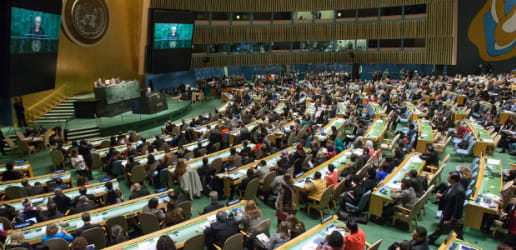
almost 11 years ago // Procurement
The so-called clearing house for tenders from multilateral agencies is forging more partnerships to give women-owned businesses in developing countries gain more access to procurement opportunities.
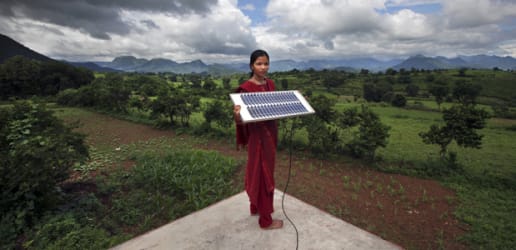
almost 11 years ago // Climate finance
In business for more than a year, this U.N. office provides technical assistance for climate technology projects in developing countries. So how can the private sector get involved? We spoke with the Climate Technology Center and Network's director.
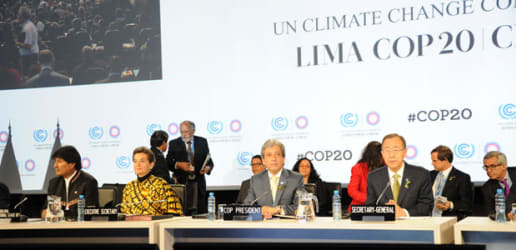
about 11 years ago // U.N. climate change conference
After two weeks of negotiating in Lima, Peru, delegates from more than 190 U.N. member countries failed to reach a consensus on a global climate agreement strong enough to serve as a foundation for producing the document expected to replace the Kyoto Protocol by next year's climate change summit in Paris.

about 11 years ago // Climate funding
While Australia’s multimillion-dollar pledge to the Green Climate Fund came as a welcome surprise, one question remains for many COP20 participants: How would donor countries define what projects and funding will be classified under climate finance?
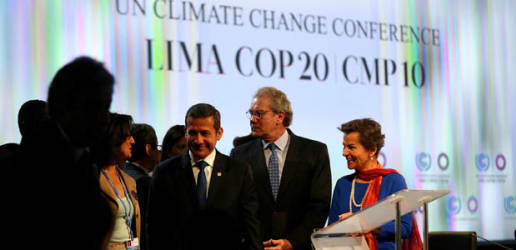
about 11 years ago // Live from Lima
This year's U.N. Climate Change Conference in Lima, Peru, is seen as a crucial milestone toward ratifying a new global agreement to fight global warming and replace the Kyoto Protocol in 2015. Will progress made on technology transfer be enough to keep the "global south" at the table given the shortfall on funding for adaptation and mitigation?

about 11 years ago // Cookstoves for Future Summit
The Global Alliance for Clean Cookstoves seeks $500 million to deliver clean cookstoves to 100 million people by 2020. At the recent conference in New York, public and private sector partners pledged $413 million to help the alliance achieve its goal — and open up business opportunities in the sector.

over 11 years ago // Urban development
As urban areas account for 70 percent of worldwide carbon emissions, the United Nations decided Tuesday to make cities the next front in the struggle against global warming. But how? A new initiative to fund climate-smart urban infrastructure projects hopes to become a game changer.
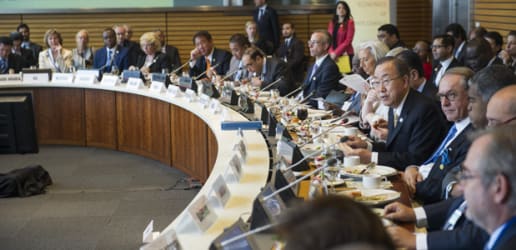
over 11 years ago // NY #GlobalDev Week
World leaders, mayors, aid officials and representatives from civil society and the private sector will converge on Tuesday in New York for the U.N. Climate Summit. A few experts consulted by Devex believe not much will be accomplished at a meeting held outside of official UNFCC channels.